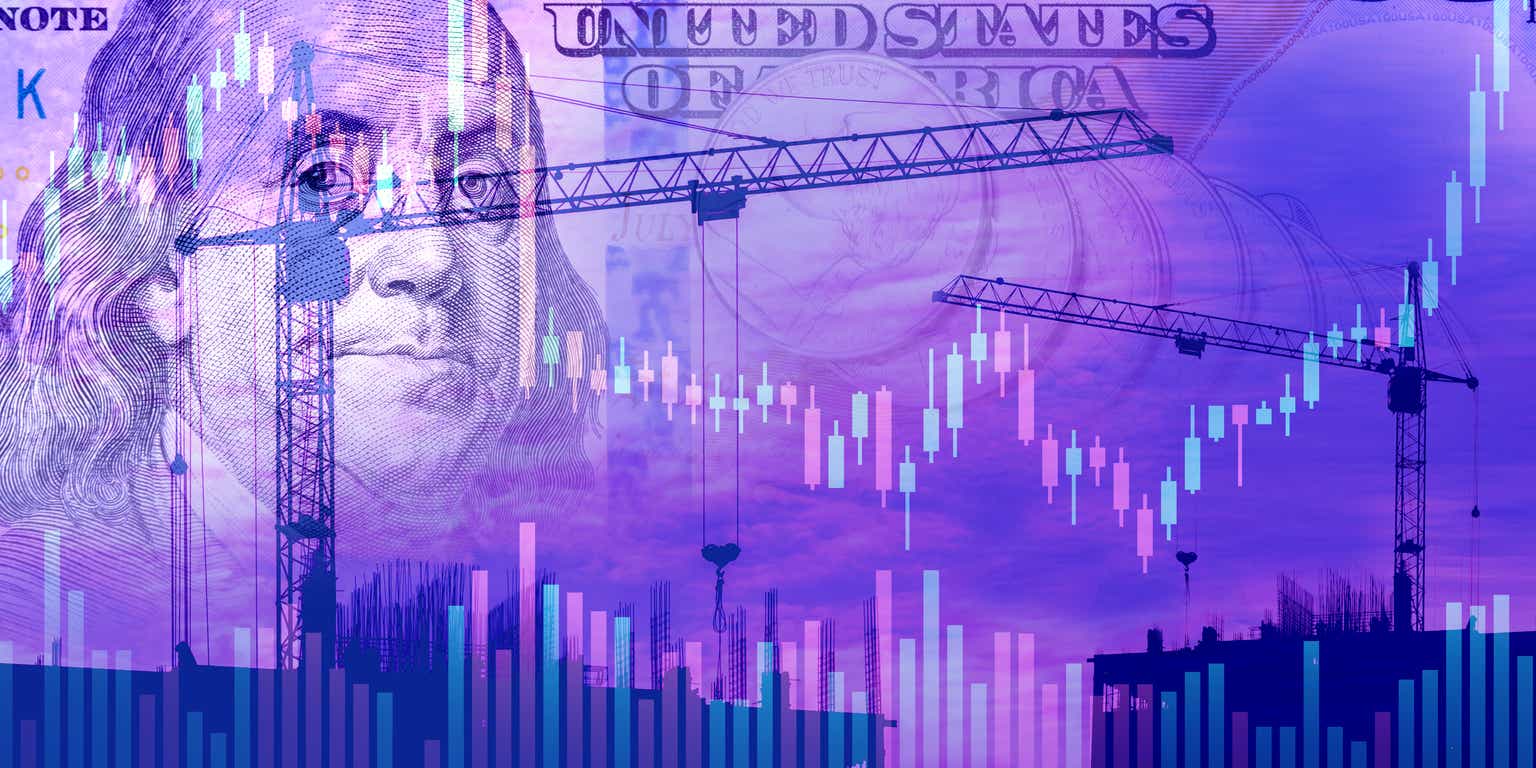History does indeed repeat itself.
How many times have you heard of the following chain of events? (1) Government rushes to authorize additional hundreds of billions of dollars during an emergency to be distributed throughout the land, but without much planning for accountability or protection against fraud. (2) Eligible recipients who get the biggest share of the money turned out not to be in much need for such money. (3) Fraudulent activities take place, and many ineligible people or fake companies get access to this money. (4) Congress is shocked – shocked! (5) Congress sniffs around for a generally blameless party to blame. (6) Congress learns nothing from the fiasco.
I have heard this story many times before. I was not surprised that the pandemic’s Payroll Protection Program was a mess. Leaving aside its disastrous first few weeks of operation that left small businesses fighting to get even a slim shot at applying for the program, data show that the PPP funds benefited mostly those industries with the largest share of employees able to work remotely (hence the least affected by the lockdown) as well as companies well capitalized (and hence not in need of a loan from the government to make payroll). It soon also became obvious that the largest share of the funds went to companies in areas of the country that were among least affected by the pandemic, and another significant share of the money was lost in huge numbers to fraud.
So now members of Congress are outraged. However, rather than wonder whether the whole blame should fall on their shoulders for authorizing so much money without thinking the matter through, they are writing reports to find out who is to blame for this mess. The latest report looking into PPP fraudulent activities comes to us via the House Select Subcommittee on the Coronavirus Crisis. It details how the Paycheck Protection Program was exposed to fraud by carelessness. Some financial-technology companies, hired by government to help implement PPP, failed to properly vet applications while making great profits in the process. The report states:
The Select Subcommittee’s investigation found that many fintechs, largely existing outside of the regulatory structure governing traditional financial institutions and with little to no oversight from lenders, took billions in fees from taxpayers while becoming easy targets for those who sought to defraud the PPP.
Sure, if only we had had more regulations, all would have been fine. Never mind that there have been many reports also about regular banks handing out PPP money to ineligible companies – maybe not to the same extent, but wrongly, nonetheless.
For the record, I have no doubt that many unscrupulous firms, fintech or not, stuff their pockets with money from the PPP. The subcommittee report highlights some bad moves from some FinTech companies:
The investigation found that two unvetted and unregulated fintechs that, together, facilitated nearly one in every three PPP loans funded in 2021—Womply and Blueacorn—failed to implement systems capable of consistently detecting and preventing fraudulent and otherwise ineligible PPP applications. Their lending partners, who were tasked with supervising the activities of these fintechs, often did little to oversee the activities of the companies to which they delegated their responsibilities.
The Select Subcommittee investigation found that established fintechs Kabbage and Bluevine also faced challenges in properly administering the program. Internal Kabbage documents show that the fintech missed clear signs of fraud in a number of PPP applications, including loans given to fake farms. Internal communications show that Kabbage’s staff expressed confusion and concern with the fintech’s fraud prevention processes. After Kabbage’s acquisition by American Express in October 2020, PPP borrowers were left at the mercy of an underfunded and understaffed spin-off company that failed to properly service their loans and would later file for bankruptcy.
These guys seem like bad apples. Yet ultimately, this mess is Congress’ fault. During the pandemic, legislators on both sides of the aisle paid no attention to how the money would be distributed. They simply threw as much money as they possibly could, and as quickly as they could, out the window. For instance, Congress intended for the loans to only be used by companies that needed the money to make payroll, but the application forms for a PPP loan required no proof that the funds were actually needed.
Ironically, the most shame-proof body in the country was hoping that the fear of being shamed in public for taking money they didn’t need would keep wealthy firms away. It didn’t work this way and many various public and large companies- along with other dubious or fraudulent players- took advantage of the program.
By the way, I can tell you the same story about how the pandemic enhanced unemployment benefit programs and the bailouts to airlines. Lots of money went to lots of people who didn’t need it and there was a lot of fraud in these programs, too. And again, Congress was shocked about the high level of fraud in the unemployment benefit programs and that airlines pocketed the money and still furloughed thousands of workers and then weren’t ready to fly when passengers returned.
But will legislators learn? No. I can promise you that next time around Congress will do the same thing all over again.
Veronique de Rugy is a Senior research fellow at the Mercatus Center and syndicated columnist at Creators.
















